A cancer diagnosis is a life-changing event impacting every aspect of your life. It alters your physical and emotional health and relationships with family and friends. Learning to live with cancer isn’t easy, though it’s more manageable with the proper treatment and support, including cancer rehabilitation. So, what is cancer rehab, and how does it benefit cancer patients?
Cancer care and rehabilitation is a program designed to treat physical, mobility, and cognitive issues associated with the disease and its symptoms. Such supportive treatment reduces symptoms and side effects to increase strength, motion, and activity. The goal of such therapy is for patients to maintain their independence and improve their quality of life.
If you’d like to learn more about cancer rehab and its benefits, check out the following sections.
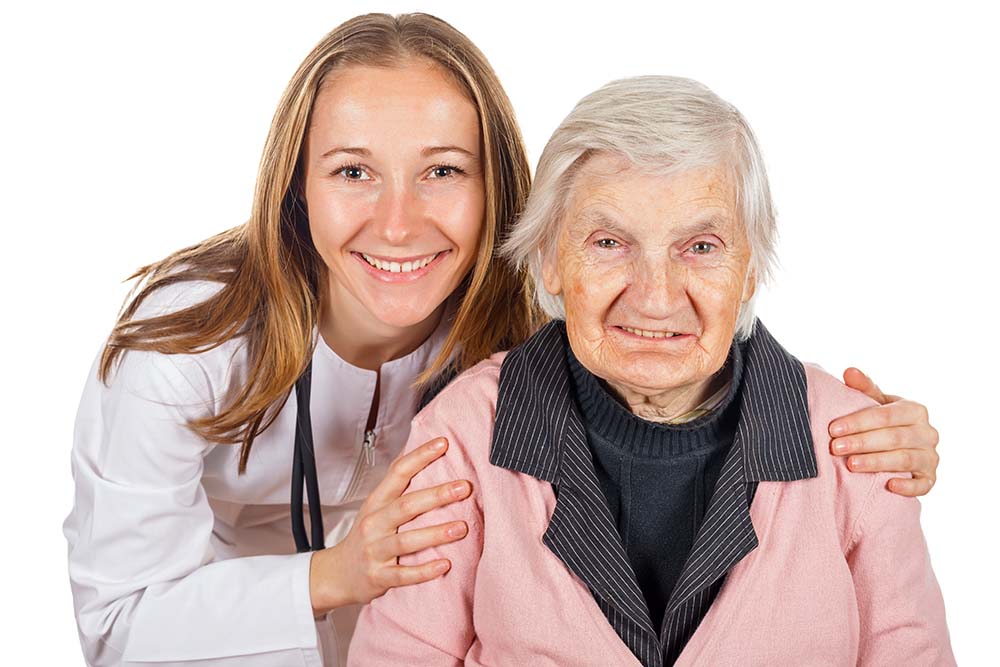
What Happens In Cancer Rehab
Whether you’ve just been diagnosed, are going through treatment, or are in the post-treatment phase, cancer rehab is beneficial. It offers several therapy options to combat any symptom or side effect you’re dealing with.
Your medical team will determine your prominent impairments or issues and decide which measures suit your needs. Some individuals need minimal rehab, while others require a more comprehensive treatment plan. Cancer rehab may include:
- Physical therapy – PT features exercise programs to improve or restore strength, mobility, and endurance while reducing fatigue and pain. Oncology physical therapists are trained to work with the specific issues associated with cancer.
- Occupational therapy – OT is designed to help cancer patients manage everyday situations to maintain their independence. It helps them relearn how to perform daily tasks with less effort, such as dressing, eating, cooking, and self-care. Home visits are also included to reduce risks and improve safety.
- Speech therapy – Communication, including verbal, reading, and writing skills, is managed by ST. Swallowing functions may also be affected by cancer and treatment. A trained therapist helps individuals solve this issue.
- IV therapy – Some cancer patients require IV therapy for hydration, nutrients, or pain medication. Such therapy is another aspect of cancer rehab.
- Emotional support – Emotional reactions to a cancer diagnosis or treatment are common. A trained therapist offers the proper emotional support to help individuals cope with stress, anxiety, depression, or other issues. Therapy options include one-on-one with a therapist or group counseling sessions. Usually, all rehab therapists are trained to offer emotional support.
- Recreational therapy – Recreational activities benefit cancer patients by improving mood, creativity, and social interactions. Some options include painting, creative writing, games, singalongs, and live music. You can even learn new skills, like languages or musical instruments.
- Nutrition education – Certain cancers include specific nutrition requirements. A trained oncology dietitian teaches such guidelines to cancer patients and introduces healthy eating habits.
Why do cancer patients go to rehab?
Depending on the type and severity of cancer, individuals may notice varying symptoms and side effects. They may experience issues with pain, weakness, strength, mobility, cognition, and emotions. Rehab offers the support of trained therapists to prevent such issues from altering your life and reducing your independence.
With the right therapy, you’ll reduce the physical and mental limitations caused by cancer and its treatments. Your motivation to fight the disease will increase, as will your quality of life.
Resources:
https://www.cancer.org/treatment/survivorship-during-and-after-treatment/be-healthy-after-treatment/what-is-cancer-rehabilitation.html#:~:text=The%20goals%20of%20cancer%20rehabilitation,of%20cancer%20and%20its%20treatment
https://www.ncbi.nlm.nih.gov/pmc/articles/PMC7406418/
https://www.mayoclinic.org/tests-procedures/cancer-rehabilitation/about/pac-20393327
https://www.hopkinsmedicine.org/health/treatment-tests-and-therapies/cancer-rehabilitation
This content comprises informative and educational resources only and can not be considered as a substitute for professional health or medical guidance. Reliance on any information provided in this article is solely at your own risk. If you have any inquiries or apprehensions about your medical condition or health goals, talk with a licensed physician or healthcare provider.

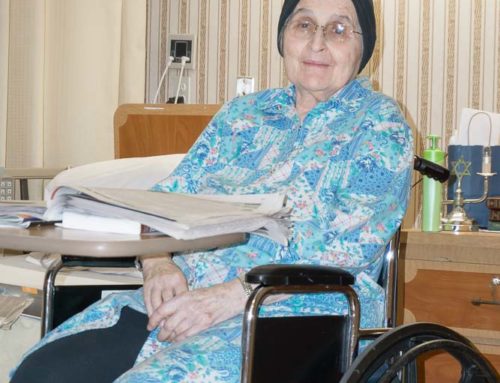

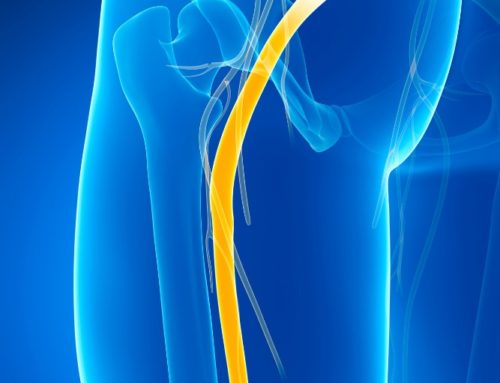
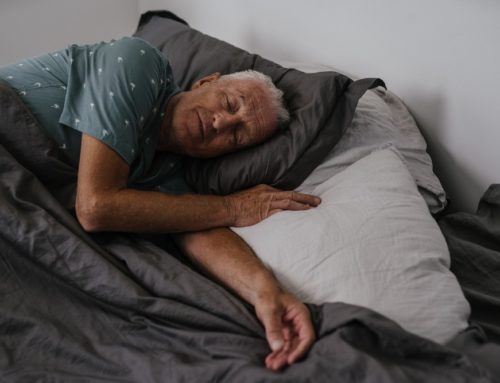
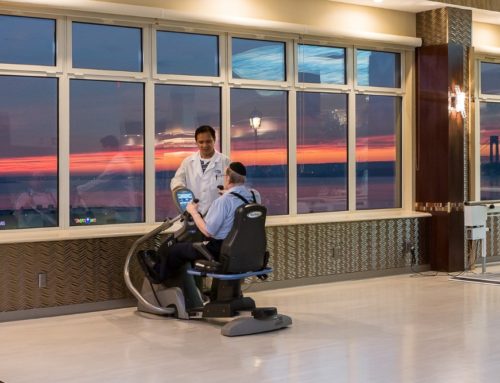
Leave A Comment